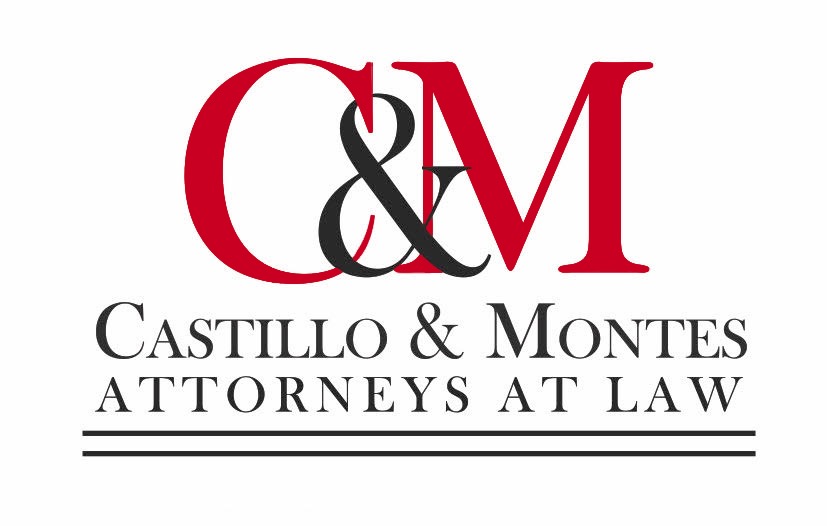How Can I Show My Accident Caused Nerve Damage?

Nerve damage can be especially debilitating for an accident victim. It can cause severe and chronic pain and cause physical limitations. You can be compensated for nerve damage if there’s evidence it was caused (or made worse) by the accident and its extent is documented.
Castillo & Associates attorneys help accident victims obtain the maximum monetary compensation for their injuries, including for nerve damage. We have more than 30 years of experience representing accident victims like you. For a no-obligation consultation, contact us today.
What Do Nerves Do?
We have three kinds of nerves:
- Autonomic: They control your body’s activities without you having to think about it. They cover organ functions like your heart beating or your intestines digesting food. Your spinal cord is the most important of these nerves, as it carries huge amounts of information necessary for us to live
- Motor: They control your body’s movement, like moving your feet or fingers
- Sensory: They transmit harm to your body (which you feel as pain) and other information from your body to your brain. Your optic nerve transmits visual information, which is interpreted by your brain as the images you perceive
Nerve damage limits, interferes with, or ends these functions by blocking or distorting signals between your nerves and brain.
What Can Result from Nerve Damage?
It depends on the affected nerves and how severely they’re injured. A nerve injury involving organ function could be life-threatening. If you lose motor function, it may limit or end your ability to do many things, like continue to work, drive a car, or walk. Sensory nerve damage could result in numbness, which can limit your function, or physical pain, which, if uncontrolled, could cause you to be depressed or suicidal.
How Can the Harm from Nerve Damage Be Established?
There are many ways to document nerve damage, according to the Mayo Clinic. A neurologist would ask about your medical history, any prior problems or limitations, and how you’ve been affected since the accident.
You would also have a physical and neurological examination. You would be asked to do certain things, and if you felt various stimuli and the doctor would judge your responses. If the neurological examination shows you may have a nerve injury, diagnostic tests can help determine what they are and their severity. These tests include:
- Electromyography (EMG): An electrode is inserted into your muscle, and the equipment records its electrical activity at rest and in motion. Less muscle activity can be a symptom of nerve injury
- Nerve conduction study: Electrodes are put in two different points of your body, and they measure how well electrical signals pass through your nerves
- Magnetic resonance imaging (MRI): An MRI will use a magnetic field and radio waves to create detailed images of areas impacted by nerve damage
- Ultrasound: High-frequency sound waves produce detailed images of the areas affected by nerve damage
You may be given treatments and undergo physical and occupational therapy. Your documented progress, medications, and observations by your treatment team can all be used as evidence. Your treating physician and an expert neurologist could also provide opinions to help establish your case. Neurological test results, as well as X-rays and CT scans, could also be evidence.
You can also keep a journal of your experiences, and videos can be used to show what you can and cannot do at home and work. The people who know you best could also testify how your abilities have changed and the pain level you show.
Medical bills can show nerve damage severity by establishing how often you’re treated and receive therapy. If you’re using pain medications, what type and how much can show how much pain you suffer.
How is this Evidence Used?
When we feel there’s sufficient evidence, we’ll submit it to the insurance company covering the defendant in your case. If we can’t negotiate a settlement, we’ll file a lawsuit. As part of the litigation process, you’ll be asked by attorneys for both sides questions about your injuries and their effects during a deposition. Your physician and any expert we and the insurance company plan to use would also be deposed. Your medical records would be given to the insurance carrier.
Nearly all cases settle before a trial. If the insurance company won’t be reasonable and a trial takes place, the evidence of your injuries and the harm you suffer will be presented to the jury, and they will decide your case’s outcome.
Retain an Experience Personal Injury Lawyer to Recover the Compensation You Deserve
You may be entitled to compensation if you’re injured in an accident caused by an intentional act or the negligence of another. Castillo & Associates personal injury attorneys have more than three decades of experience representing clients with negligence cases. For a no-obligation consultation, contact the firm today.

Attorney Domingo Castillo handles workers’ compensation, personal injury, family law & immigration throughout Southern California from our 5 offices: Indio, Pomona, Riverside, San Diego & Cathedral City. We help clients file injury claims, obtain residency & citizenship, and we assist families through divorce, child custody and all family law matters.




